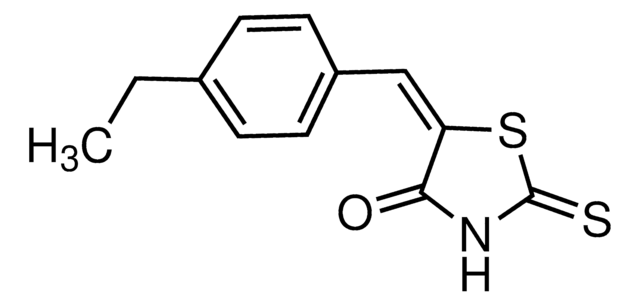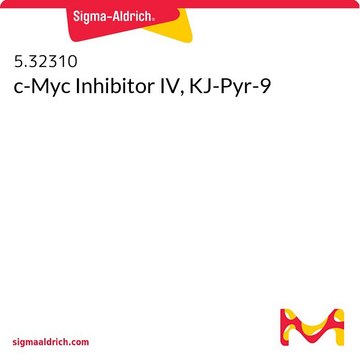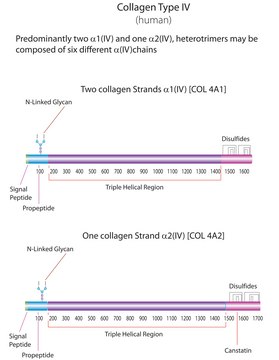G3798
10074-G5
≥98% (HPLC)
Synonym(s):
Biphenyl-2-yl-(7-nitrobenzo[1,2,5]oxadiazol-4-yl)amine, N-2-Biphenylyl-7-nitro-2,1,3-benzoxadiazol-4-amine, N-[1,1′-Biphenyl-2-yl]-7-nitro-2,1,3-Benzoxadiazol-4-amine
About This Item
Recommended Products
Quality Level
Assay
≥98% (HPLC)
form
powder
color
red
solubility
DMSO: >10 mg/mL
storage temp.
room temp
SMILES string
[O-][N+](=O)c1ccc(Nc2ccccc2-c3ccccc3)c4nonc14
InChI
1S/C18H12N4O3/c23-22(24)16-11-10-15(17-18(16)21-25-20-17)19-14-9-5-4-8-13(14)12-6-2-1-3-7-12/h1-11,19H
InChI key
KMJPYSQOCBYMCF-UHFFFAOYSA-N
Biochem/physiol Actions
Storage Class Code
6.1C - Combustible acute toxic Cat.3 / toxic compounds or compounds which causing chronic effects
WGK
WGK 3
Choose from one of the most recent versions:
Already Own This Product?
Find documentation for the products that you have recently purchased in the Document Library.
Our team of scientists has experience in all areas of research including Life Science, Material Science, Chemical Synthesis, Chromatography, Analytical and many others.
Contact Technical Service








